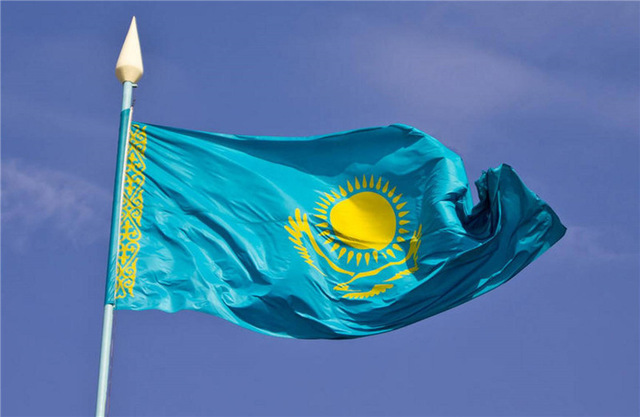The French company Urbasolar SAS has attracted funding for the construction of a solar power plant in the Turkestan region, reports Kazakhstan’s Atameken Business Channel. The project, worth more than 7 billion tenge (US$18.9 million), will increase the share of renewable energy in the country, which according to plans should reach 3 percent by 2020. The plant will be built in two phases over a nine-month period and will incorporate more than 54,000 270 W solar PV panels. “The plant will be located on an area of 30 hectares. The Kaz Green Tek Solar project company began construction and installation works. Commissioning and supply of electricity are scheduled for the fourth quarter of 2019. The facility will create 50 jobs,” reads the release.
The Kazteleradio company has launched digital broadcasting in Almaty as part of a state programme, according to Kazinform. The release of radio frequencies is also planned. “Digital broadcasting is a priority for our country. We plan a phased transition to digital television, which will increase the number of television and radio programmes and provides the small electricity consumption. We will develop the advertising market with the help of digital industries. Thirty TV channels in the regional centres and up to 15 TV channels in villages will be available. Subscribers will not pay an additional fee,” said head of the Regional Television and Radio Directorate Kaisar Razdykov.
Shymkent will launch a smart parking project worth 22 million tenge (US$59,500) in late November, reports the Otyrar TV channel. The project will be self-sustainable in the future and the funds raised will be directed toward road infrastructure improvement and development. Approximately 300,000 Shymkent residents have cars and the haphazard regard for parking regulations causes traffic congestion. “Smart cameras will control the parking situation and recognise offenders. They will also help find cars in case of theft. An hour of parking costs 100 tenge (US$0.27). We are prepared for city residents to meet this innovative approach with misunderstanding. But the situation will change when traffic congestion reduces,” said a representative of the city administration.
France’s Alstom company has launched the production of on-board transformers for electric locomotives at the EKZ plant in Astana, according to an Oct. 31 company press release. The production capacity is expected to be 300 transformers per year with 100 employees working at full capacity. The plant is one of the main drivers of economy and a hub for the production and export of locomotives to the region. “The launch of the new production demonstrates our solid and long-term partnership with Kazakhstan. We are proud to contribute to Kazakhstan’s machinery-building industry through localisation of technology and production, creation of new working places and training for local personnel,” said Alstom Managing Director for Western and Central Asia Bernard Peille. Alstom is the only manufacturer of electric locomotives and point machines in Central Asia and the Caucasus.
The Kyzylorda region has begun building a lead-zinc mining and processing plant in the Zhanakorgan district, according to an Oct. 26 press release from the Tau-Ken Samruk company. The plant, worth 235 billion tenge (US$635 million), will produce zinc and lead concentrates. The area’s proven reserves suggest the possibility of mining and enriching ore until 2051. Some 1,500 workplaces will be created. “Commissioning of the first stage of the plant with a capacity of 2 million tonnes is planned in October 2020. The second complex with a capacity of 4 million tonnes will start to work in November 2021,” said ShalkiyaZink General Director Askar Dzhaukenov.
Kazakhstan Temir Zholy, the national railway company, reports that Astana’s Nurly Zhol railway station has served more than 7 million passengers and 1,156 organised groups since its opening in 2017. The station also offers intercity and intraregional buses. “Improved logistics and expansion of services are essential. We opened technological zones – the arrival halls – and launched 12 escalators to exclude the oncoming flows of passengers. The train schedule widget is divided into two zones – arrivals and departures. A free indoor play space, prayer rooms and a KazPost office are available. The first capsule hotel, Roadstar, was opened,” said Nurly Zhol Station Deputy Director Nurlan Amanzholov.

